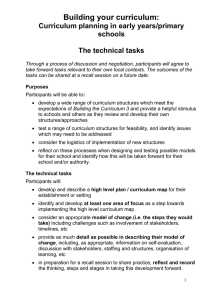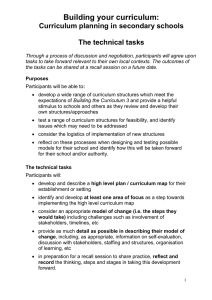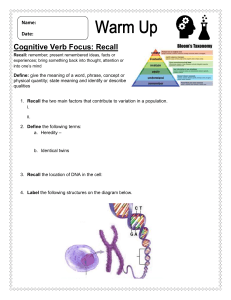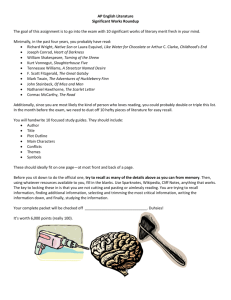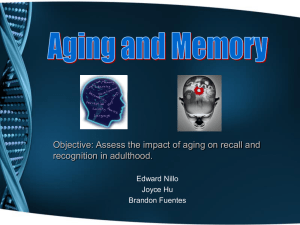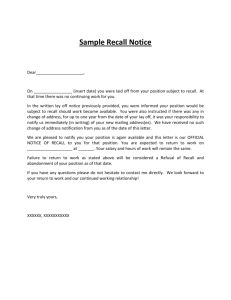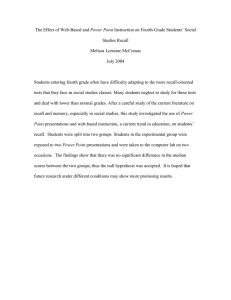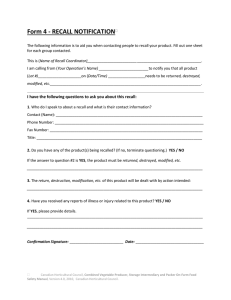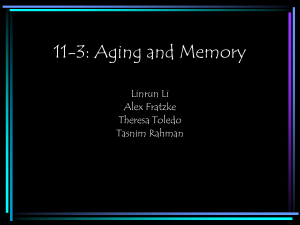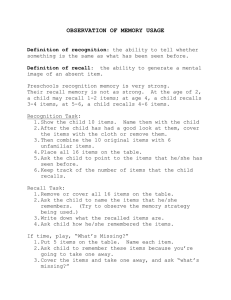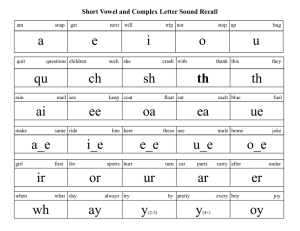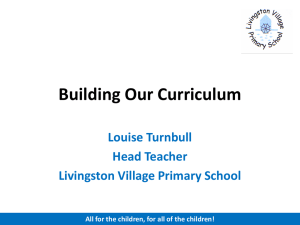Building your curriculum: Curriculum planning in special schools
advertisement
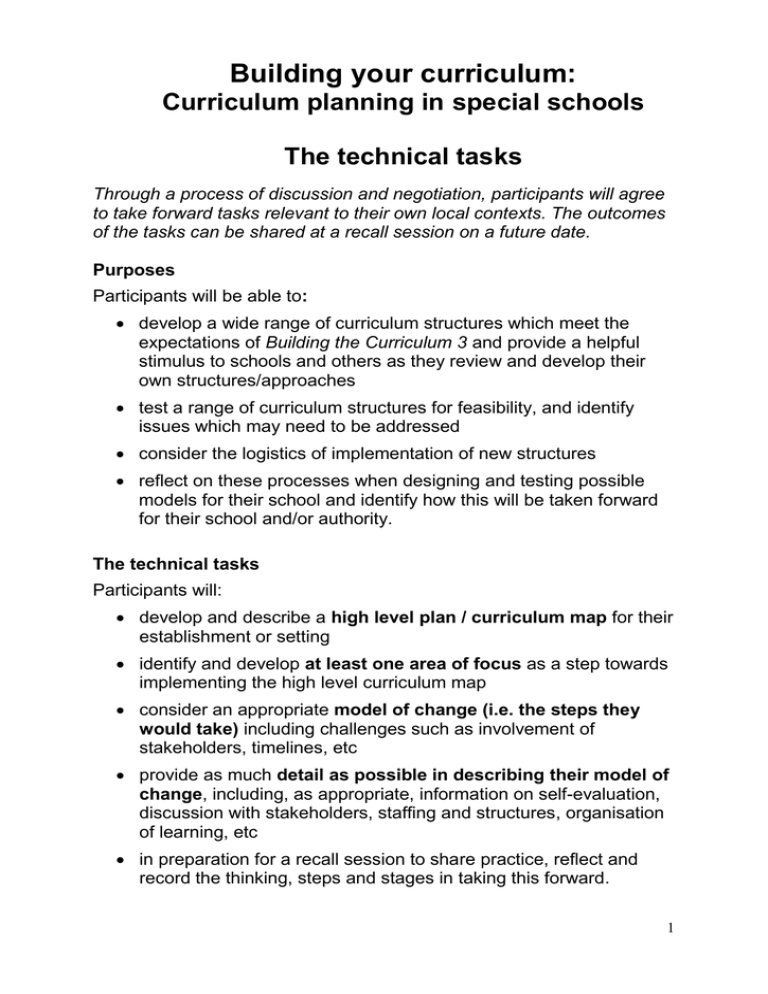
Building your curriculum: Curriculum planning in special schools The technical tasks Through a process of discussion and negotiation, participants will agree to take forward tasks relevant to their own local contexts. The outcomes of the tasks can be shared at a recall session on a future date. Purposes Participants will be able to: develop a wide range of curriculum structures which meet the expectations of Building the Curriculum 3 and provide a helpful stimulus to schools and others as they review and develop their own structures/approaches test a range of curriculum structures for feasibility, and identify issues which may need to be addressed consider the logistics of implementation of new structures reflect on these processes when designing and testing possible models for their school and identify how this will be taken forward for their school and/or authority. The technical tasks Participants will: develop and describe a high level plan / curriculum map for their establishment or setting identify and develop at least one area of focus as a step towards implementing the high level curriculum map consider an appropriate model of change (i.e. the steps they would take) including challenges such as involvement of stakeholders, timelines, etc provide as much detail as possible in describing their model of change, including, as appropriate, information on self-evaluation, discussion with stakeholders, staffing and structures, organisation of learning, etc in preparation for a recall session to share practice, reflect and record the thinking, steps and stages in taking this forward. 1 Curriculum planning in special schools Possible focus areas Entitlement to experience a curriculum which is coherent from 3 to 18 Transitions Support in moving to a positive and sustained destination Developing collaborative learning teams Personalisation and choice (or one other principle e.g. coherence) Literacy, Numeracy and Health and Wellbeing Planning for the totality of the curriculum Personal support structures Maximising achievement Skills for learning, skills for work, skills for life Supporting features Entitlements Partnerships A Teaching Profession for the 21st Century (TP 21) Leadership Structures for collaboration Accommodation Time as a resource Pupil voice Parents as partners Principles of curriculum design Recognition of achievement ICT infrastructure CPD strategy 2
